
How to protect your organization against SEO poisoning and malvertising
Alongside traditional approaches like software vulnerabilities and misconfigurations in applications, hackers are constantly looking for new ways to get into devices and corporate networks. Two of the biggest growing threats are Search Engine Optimization (SEO) poisoning and Malvertising.
SEO Poisoning is where hackers lure victims to legitimate websites by populating them with content on topics of interest to potential victims. For example, Gootloader, an Initial-Access-as-a-Service operation, targets law professionals because they handle sensitive business data that can be extremely valuable. Hackers use Gootloader to get a foothold into an organization’s IT environment and then spread laterally through the entity’s IT network to implant ransomware or exfiltrate data.
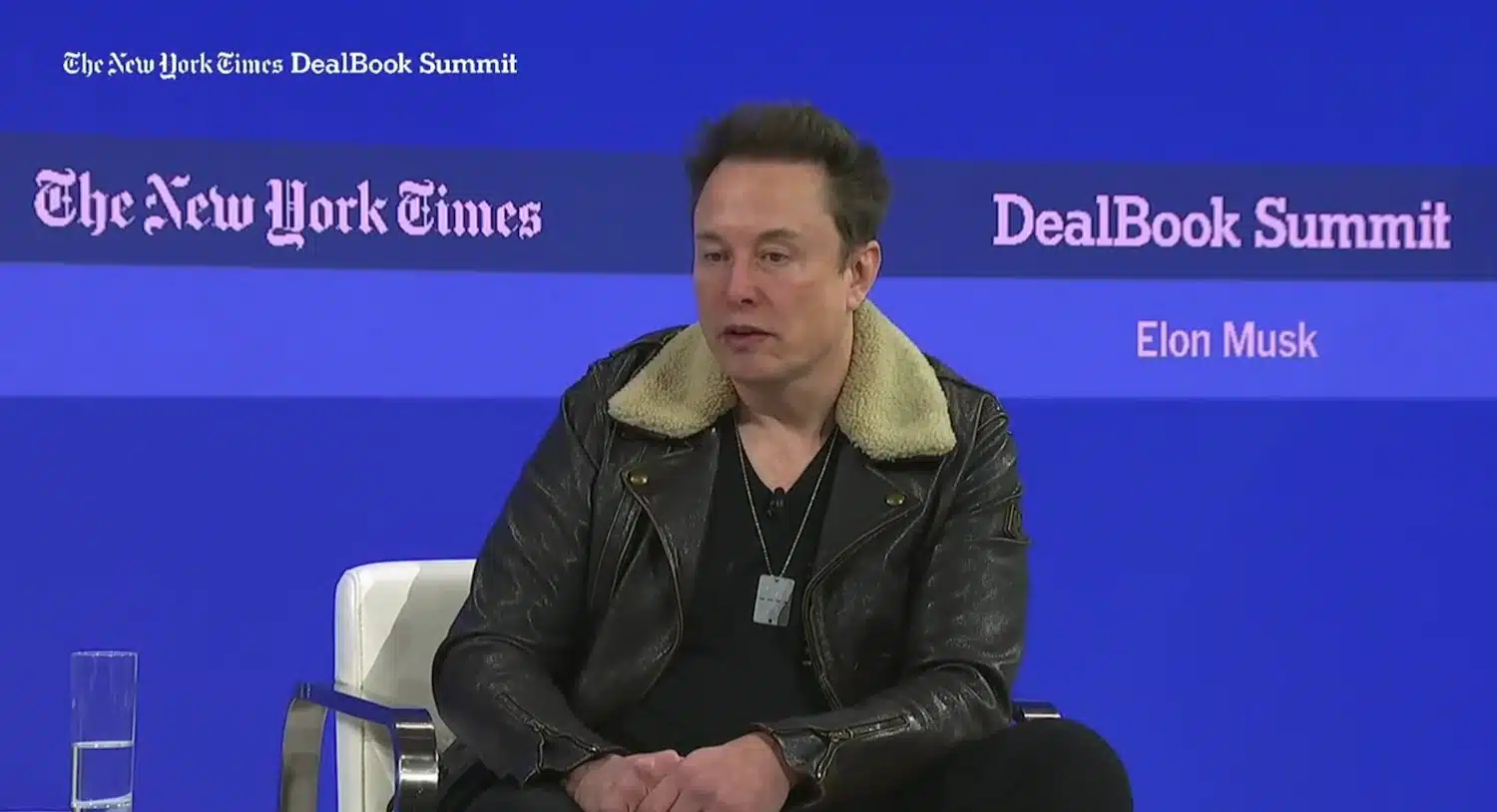
'Go f*@k yourself!': Elon Musk hits X-boycotting advertisers with profanity-laden attack
X CEO Elon Musk has used an appearance in New York to hit back at the growing number of advertisers opting to avoid the social platform. In recent weeks, there has been a mass exodus of big names such as Apple, Coca-Cola and Disney following concerns about antisemitism.
In mid-November, Musk endorsed an antisemitic tweet posted by another user, something he has since tried to walk back from, describing it as one of the worst posts he'd ever made. Unsettled, companies pulled advertising from the service, ultimately leading to Musk to implore them to "go fuck yourself".
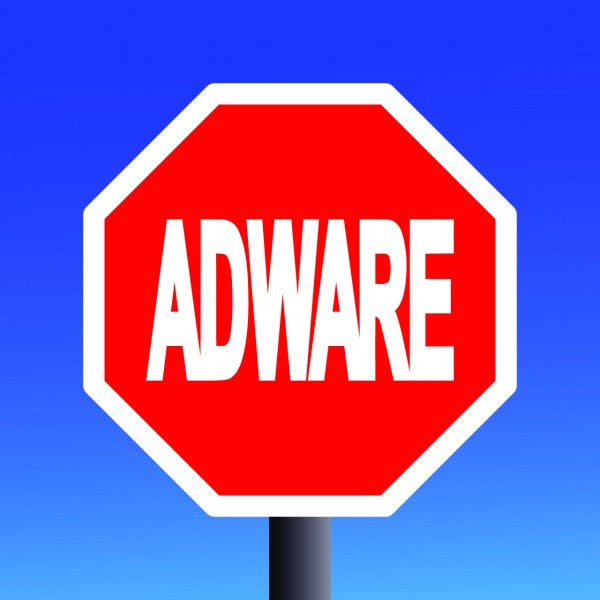
Adware activity doubles in Q3
Adware doubled globally from July through September 2023 compared to the previous quarter, according to the Q3 Threat Report from Avast.
A new strain of mobile adware dubbed 'Invisible Adware' has already gathered over two million downloads in the Google Play Store. These applications display advertisements while the device screen is off, gaining revenue through fake clicks and views. This is not only contributing to ad fraud but can also impact battery life and potentially install dangerous software without the user’s knowledge.
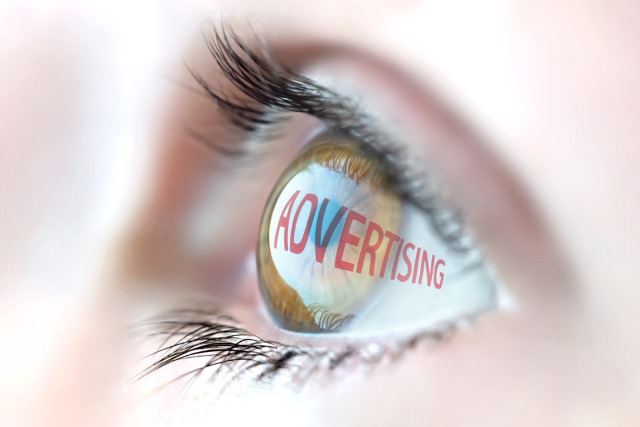
As the cookie crumbles, ID resolution reignites customer experience
In today's digital world, one customer can have multiple identifiers. These identifiers track customer information, transactions, and interactions as they engage with a business through its web browser, mobile app, and in-store. Each of these touchpoints might capture different data about the customer, creating different identifiers. This can lead to customer data ending up in disconnected silos throughout the organization, impacting the company’s ability to target marketing and advertising efforts.
Without a comprehensive view of a customer's journey, brands struggle to understand consumers’ needs, creating a bad customer experience (CX). In fact, CX quality fell for 19 percent of brands last year, with 49 percent of customers stating they left a brand they had originally been loyal to in the last 12 months due to poor CX. With customer loyalty at stake, it’s more important than ever that brands use identity resolution (ID) resolution to improve CX, increase retention, and drive revenue.

Data clean rooms: The power of second-party data
A staggering 81 percent of advertisers depend on third-party data to reach customers and understand prospects’ buying habits. Their reliance on this data, however, comes with a problem. Exponential cookie decay, government legislation, and increasing consumer demand for data privacy make accessing this data more difficult.
Many brands are turning to data clean rooms (DCR) as a solution. DCRs help companies leverage second-party data to hone their marketing and advertising. In fact, 80 percent of advertisers with media buying budgets over $1 billion will use DCRs by the end of 2023. So, what makes DCRs so popular? This article will show how DCRs can be an incredibly powerful MarTech tool that fosters collaboration among brands, enabling them to gain insights, form ‘lookalike’ audiences, and advertise directly to their user base.

Why Google's new AI search may be a bad deal for users
Google says its new generative AI feature will start a "new era of search" by "unlocking new types of questions" and "transforming the way information is organized." But a closer look at Google’s own promotional materials reveals a downside: you may have to face a barrage of ads every time you use it. But how many ads is too many? For Google, it seems, there is no limit.
Google offered a sneak peek at ad placements in its brand new Search Generative Experience (SGE) at an event for advertisers on May 23. There, Google revealed that ads would not only appear before and after the AI-powered snapshot, as originally announced, but would also infiltrate the AI-generated responses. And if the example Google gave is anything to go by, it's not a pretty sight.
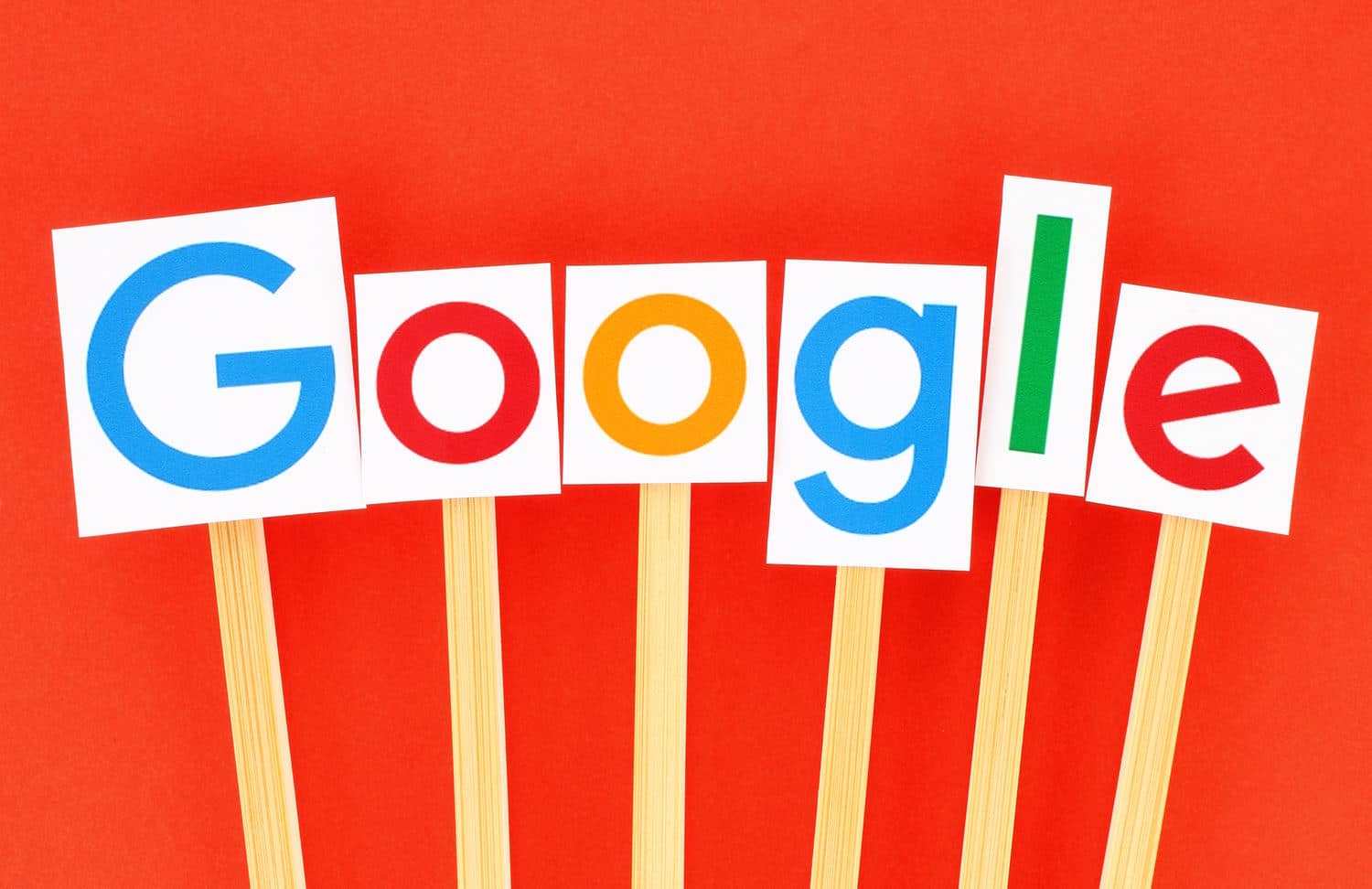
Google is getting cheeky and annoying with ads in the Gmail inbox
Google and advertising go hand-in-hand, but now the company is treading on dangerous ground with a strategy that has quickly angered Gmail users.
Of course, ads in Gmail are far from new -- they have appeared in various places over the years including in the Promotions inbox. Recently, however, users have noticed that advertising emails and promotional messages are being nestled in between other emails in their inboxes.
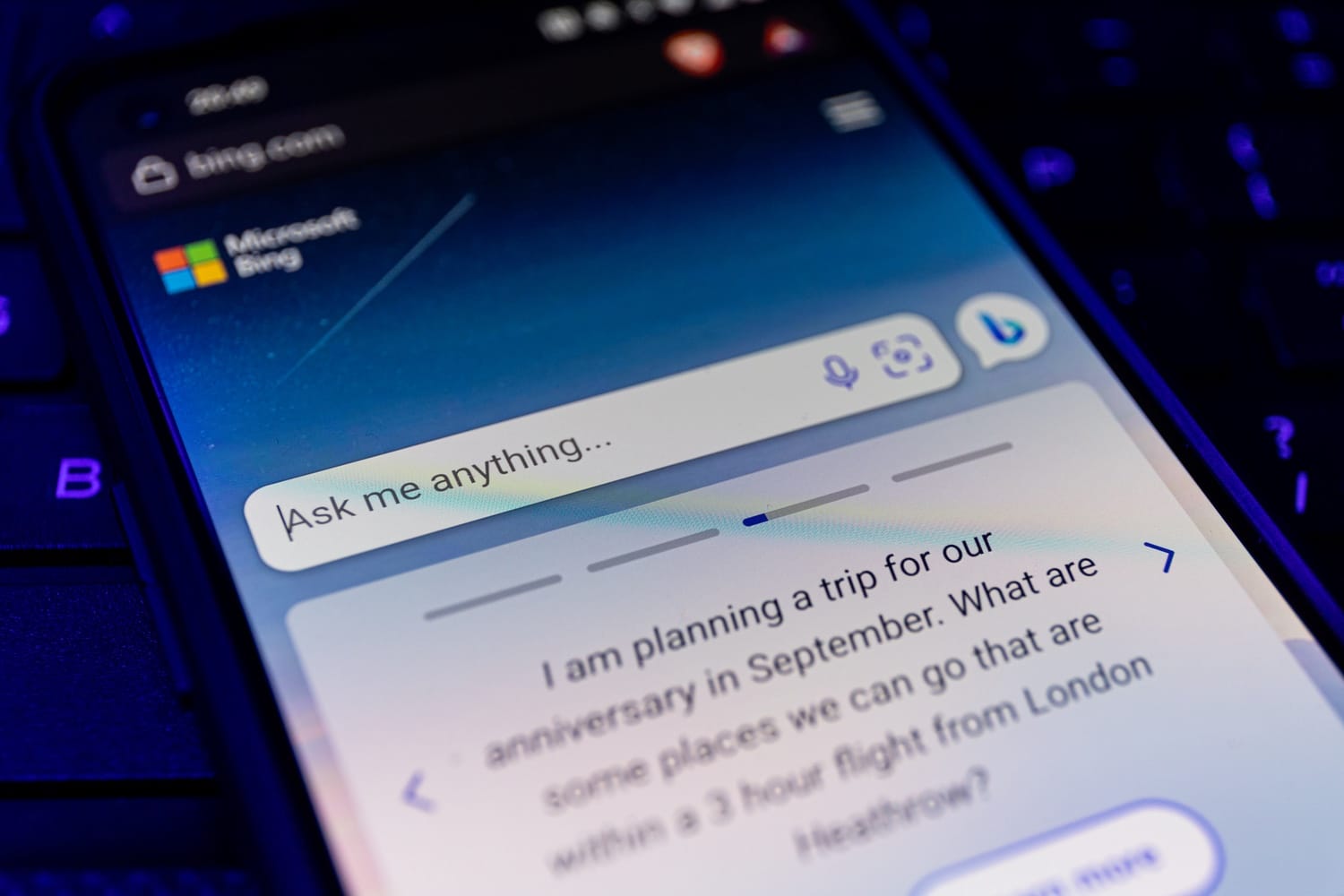
Microsoft is preparing to bring ads to AI-powered Bing Chat
In a move that will come as a surprise to just about no one, Microsoft has announced that it is "exploring" the idea of adding advertising to its GPT-4-based Bing Chat.
The company is framing the addition of ads to the AI-powered chat bot as a means of "driving more traffic and value to publishers from the new Bing". Microsoft says that it is seeking to do this by, among other things, "pioneering the future of advertising".

A world without cookies is still an advertising world
Third-party tracking using cookies is coming to an end. While the death of cookies has been delayed several times already, there is no doubt that cookies won’t play a role anymore in the future when it comes to advertising.
Google, being an advertising company, needs to get it right though, as most of the organization’s revenue depends on advertising. Good news for Google is that it owns Chrome, which more or less determines through an update when cookies are no longer usable.
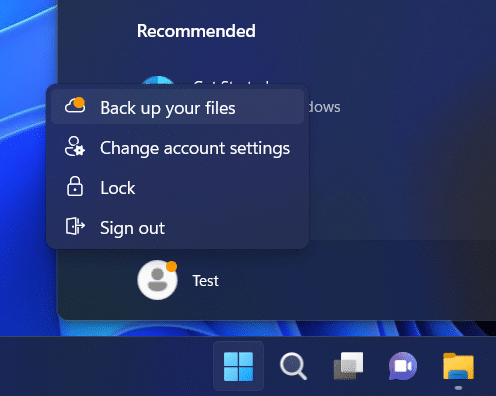
Microsoft is showing ads in the Windows 11 Start menu
If you're someone who has previously been irritated by Microsoft displaying ads in Windows, prepare to roll your eyes, gnash your teeth and howl in anguish. Windows 11 users are finding that the company is now showing advertisements in the Start menu.
As has been the case in the past, Microsoft is using Start menu ads to promote its own products and services -- specifically OneDrive and Microsoft accounts. Unsurprisingly, the reaction from users who have seen the ads has been less than positive.

Apple is bringing more ads to the App Store this week
In the tech world, it Google that is most readily associated with ads, but it is far from alone. Apple is perhaps not quite as guilty of bombarding people with advertising as some companies, but starting October 25, the App Store will be used to display more ads than ever before.
Although Apple has not exactly shouted about the impending change -- one that is sure to irritate even the most devote fans of Apple -- details of what is happening have been shared in emails sent out to developers. As of Tuesday, the Today tab of the Apple Store will be home to adverts.
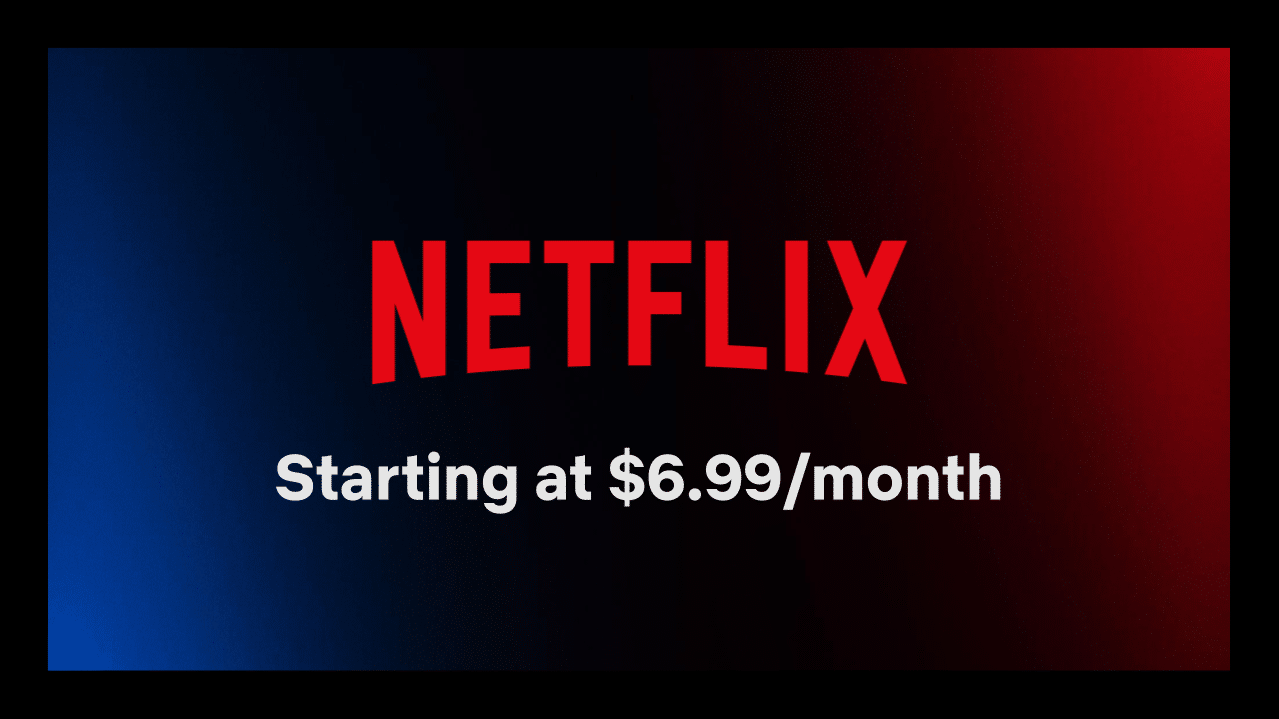
Netflix finally announces its cheaper subscription -- Basic with Ads
It has been a very, very long time coming, but a cheaper Netflix subscription tier, complete with ads, arrives next month.
The new ad-supported plan is called Basic with Ads, and will cost $6.99 per month when it launches in the US on November 3. Netflix says that the cheaper tier will be available in 11 other countries, and shares details of the limitations subscribers will have to put up with, including the fact that some shows and movies simply will not be available if you're not paying for a more expensive ad-free Basic, Standard or Premium plan.
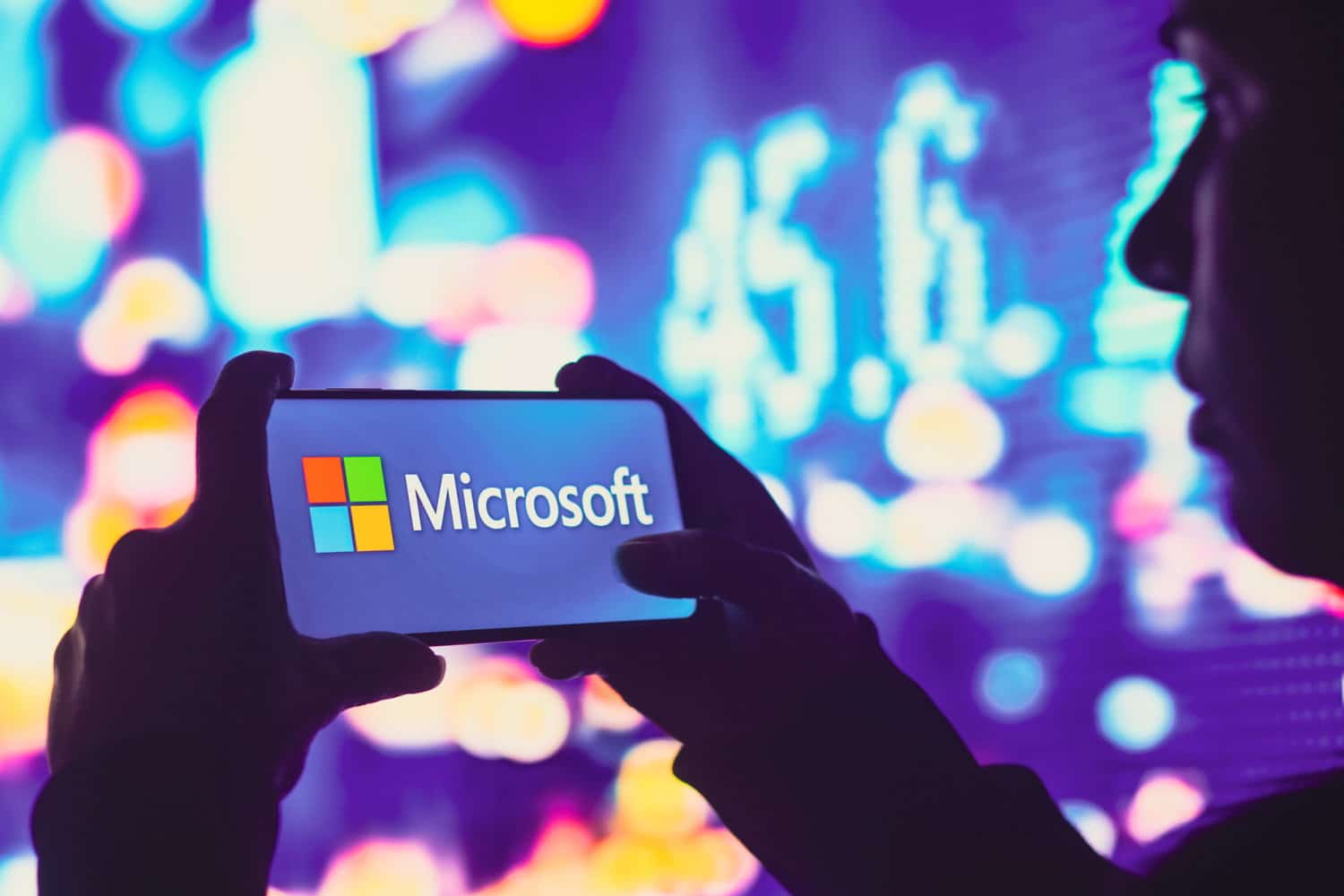
Microsoft is displaying ads in yet another of its apps; Windows-maker gets sneaky in mobile Outlook
There's no such thing as a free lunch, and there's no such thing as free software (well... very, very rarely). If you don't pay a monetary price for software, you're almost certainly going to pay for it with your privacy, or by seeing ads.
This is something that users of Microsoft's software have had little choice but to become increasingly familiar with -- even in the case of paid-for software. The latest of the company's apps to fall victim to the advertising plague is Outlook Mobile. Users are particularly annoyed because the ads are difficult to distinguish from emails.

Microsoft teams up with Netflix to offer cheaper, ad-supported subscriptions
Netflix has previously confirmed plans to introduce an ad-supported tier that would provide a lower cost subscription entry point. Details have been somewhat lacking, but it has just been announced that Microsoft is partnering with the streaming video service as it introduces cheaper plans.
The company has signed a deal with Netflix, with the streaming giant describing Microsoft as "our global advertising technology and sales partner".

What do Apple's new privacy-focused changes mean for advertisers?
One of the key announcements at Apple's developer conference earlier this week was around improvement to the privacy-focused to the SKAdNetwork API.
These are aimed at providing ad networks and developers with the ability to better measure how ads perform while still preserving user privacy.
